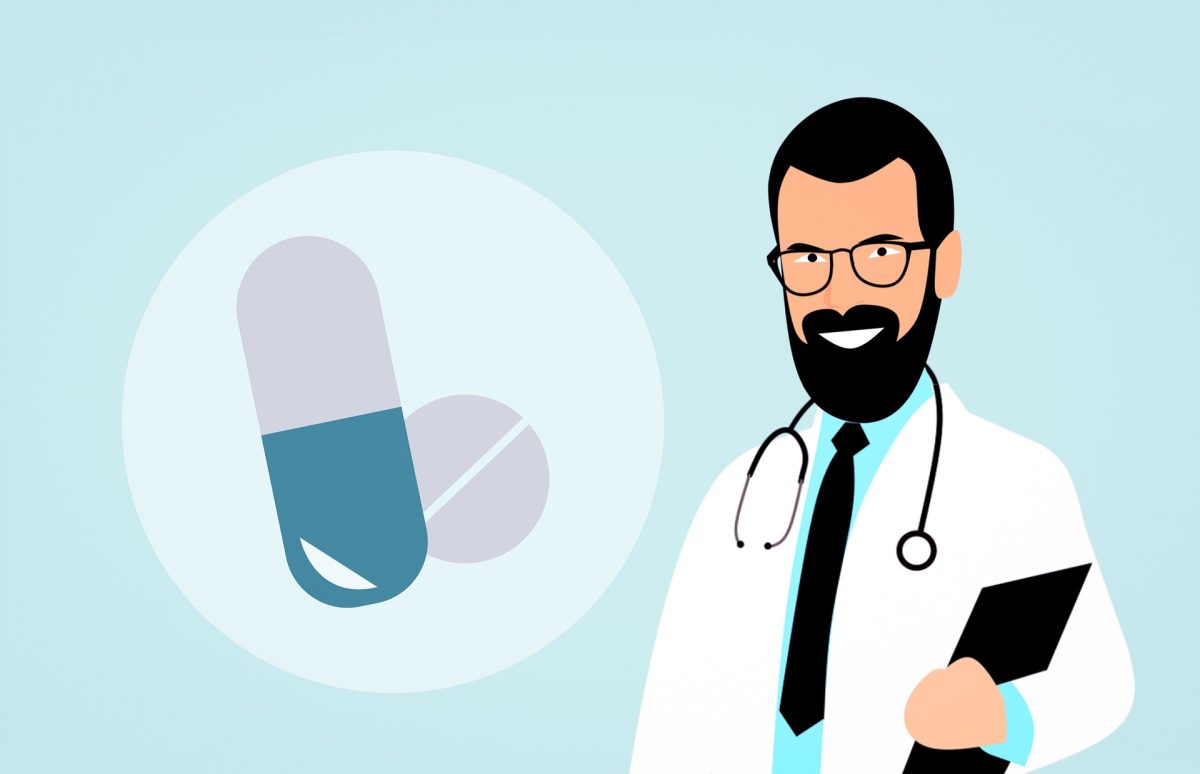How to Support a Loved One Struggling with Addiction in NJ
Understanding Addiction
The Science of Addiction
Addiction is a complex interplay of biological, psychological, and environmental factors. It affects the brain’s reward system, leading to compulsive behaviors despite negative consequences. Understanding that addiction is a disease—not a moral failing—lays the foundation for empathy. This perspective allows you to approach the situation without assigning blame, which can be pivotal in fostering meaningful support.
Breaking the Stigma Around Addiction
Stigma often isolates individuals struggling with addiction, discouraging them from seeking help. Combatting this stigma begins at home by replacing derogatory terms like “junkie” with person-first language, such as “person with substance use disorder.” By changing the narrative, you can create a safe space for your loved one to open up.
Expert Support for Overcoming Alcohol Dependence
In New Jersey, individuals struggling with alcohol dependence can find vital support from experienced therapists dedicated to helping people achieve long-term recovery. These professionals offer tailored treatment plans designed to address the unique needs of each person, utilizing evidence-based approaches such as cognitive-behavioral therapy, motivational interviewing, and group therapy. Alcohol therapists NJ specialize in providing a safe and empathetic environment, where clients can explore the underlying causes of their addiction. With personalized care and proven methods, these therapists empower individuals to regain control of their lives and work toward a healthier, sober future.
Recognizing the Signs
Behavioral Changes to Watch For
Addiction manifests in subtle and overt ways. Look for changes in routines, such as neglecting responsibilities at work or school. Erratic behaviors, secrecy, and frequent unexplained absences can signal deeper issues.
Emotional and Physical Indicators
Emotional changes like irritability, mood swings, and apathy may accompany addiction. Physically, you might notice weight fluctuations, poor hygiene, or signs of withdrawal like tremors and sweating. Recognizing these signs early can prompt timely intervention.
Communicating with Compassion
The Importance of Active Listening
Open communication is crucial. Instead of rushing to offer solutions, practice active listening. Allow your loved one to express their feelings without interruption. Phrases like, “I hear you,” and “That must be really hard,” validate their experiences and encourage openness.
Avoiding Judgmental Language
Avoid accusatory phrases like, “You’re ruining your life.” Instead, use “I” statements to express concerns, such as, “I feel worried about your health.” This approach fosters constructive dialogue without alienating them.
Leveraging Local Resources in New Jersey
Community-Based Support Services
New Jersey offers a variety of community resources, including the NJ Connect for Recovery helpline and municipal alliances focused on prevention and recovery. These organizations provide immediate assistance and connect families to tailored support programs.
State-Funded Addiction Programs
State-funded initiatives like the New Jersey Substance Abuse Treatment System offer affordable or free services, including inpatient and outpatient rehabilitation, detox programs, and peer support networks. Understanding these resources can help you guide your loved one to appropriate care.
Encouraging Professional Help
Identifying the Right Treatment Options
Navigating the treatment landscape can be overwhelming. Explore options like medication-assisted treatment (MAT), cognitive-behavioral therapy (CBT), or holistic approaches such as yoga and mindfulness. Matching the treatment to your loved one’s specific needs increases the likelihood of success.
Supporting the Transition to Therapy or Rehabilitation
The transition to professional help can be daunting for your loved one. Offer logistical and emotional support, such as driving them to appointments or attending family therapy sessions. Your active involvement underscores your commitment to their recovery.
Practicing Self-Care While Offering Support
Setting Boundaries for Healthy Relationships
Supporting a loved one does not mean sacrificing your well-being. Establish boundaries to avoid enabling destructive behaviors. For instance, refuse to provide financial support that could fund substance use while still offering emotional encouragement.
Seeking Support Groups for Families
Groups like Al-Anon and Nar-Anon in New Jersey provide a lifeline for families. Sharing your experiences with others facing similar challenges can alleviate feelings of isolation and equip you with practical coping strategies.
Creating a Sustainable Support System
Celebrating Small Milestones
Recovery is a marathon, not a sprint. Celebrate your loved one’s achievements, no matter how small. Whether it’s a week of sobriety or attending their first therapy session, these milestones deserve recognition.
Maintaining Long-Term Engagement
Recovery requires sustained effort. Stay engaged by checking in regularly, attending family counseling, or simply being present during challenging times. Your consistent support can be the anchor your loved one needs.
Detoxifying After Drinking
To remove alcohol from your system, the most important factor is time. The body processes alcohol at an average rate of one standard drink per hour. Staying hydrated helps speed up this process, as water aids in flushing toxins from the body. Eating nutritious foods like fruits, vegetables, and proteins can also support your liver, which plays a key role in alcohol metabolism. Additionally, getting plenty of rest allows the body to recover and process alcohol more effectively. If you’re looking for ways to get how to get alcohol out of your system out of your system quickly, hydration and rest are your best options.
Conclusion
Supporting a loved one struggling with addiction in New Jersey is a journey that demands patience, empathy, and resilience. By understanding addiction, recognizing its signs, and leveraging local resources, you can provide meaningful help. While professional treatment is essential, your role as a compassionate ally can make a profound difference in their recovery. Simultaneously, prioritizing your self-care ensures that you remain a steadfast and effective source of support. Together, you can navigate the challenges of addiction and work toward a healthier, more hopeful future.



